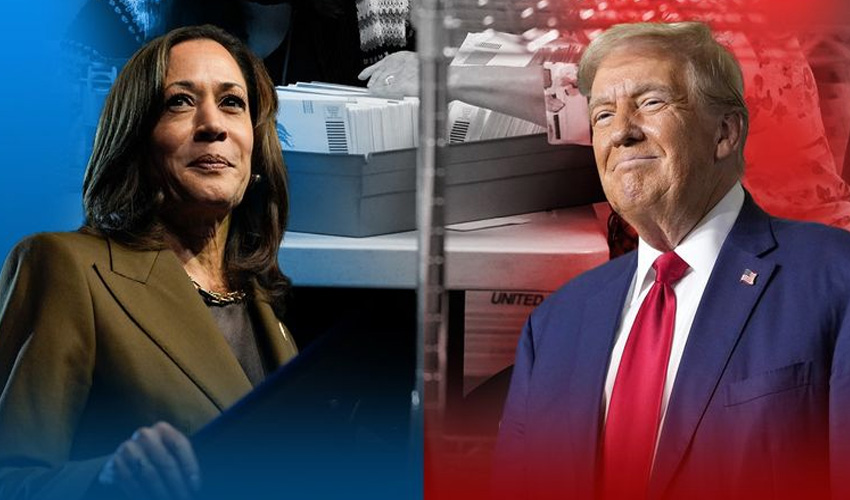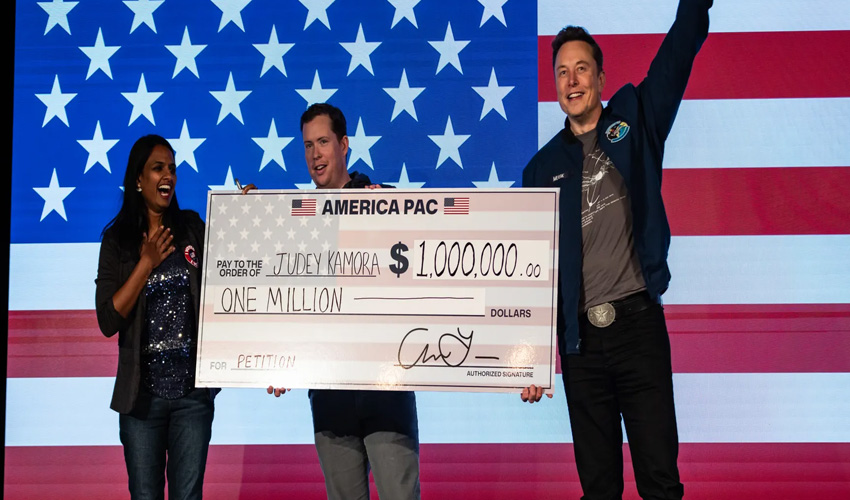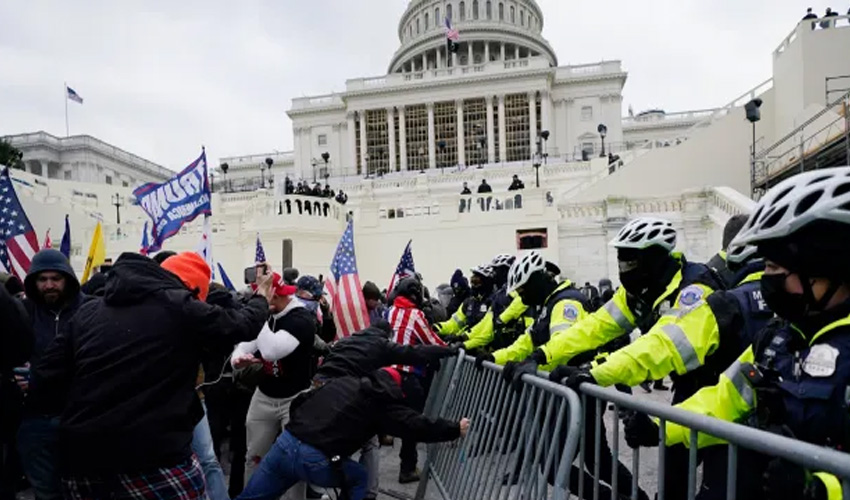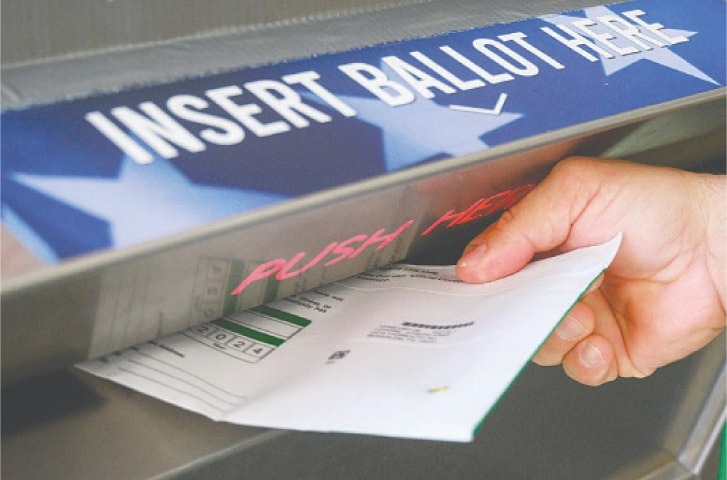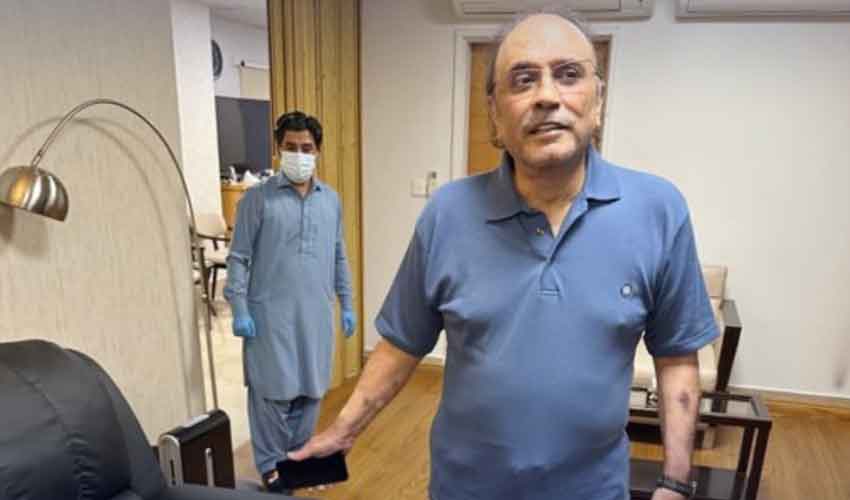With the November 5 presidential election being one of the closest in American history, a tradition among U.S. major newspapers dating back decades has become political. The owners of the Washington Post and Los Angeles Times recently ended the long-standing practice of endorsing Democratic candidates as they chose not to support Kamala Harris against Donald Trump.
The controversy immediately led to the debate concerning press freedom, neutrality, and the influence of endorsements on the media in terms of swaying elections.
In the United States, history of newspaper endorsements goes way back in 1860 when the *Chicago Tribune* endorsed Abraham Lincoln. Tradition guides the reader on knowing their political candidate well and having informed opinions on those candidates. The Washington Post endorsed its first candidate in 1976 for Jimmy Carter. On the other side, *The Los Angeles Times* resumed their newspaper endorsements after a long halt in 2008; they endorsed Democratic candidates up to this day including, of course, Barack Obama.
But this year, the tradition had to adjust in a major way. Owner of *The Washington Post* Jeff Bezos and founder of Amazon announced that the paper was cutting its political endorsements. "Our job as the newspaper of the capital city of the most important country in the world is to be independent," Bezos declared, emphasizing the commitment to nonpartisanship. Days later, owner Patrick Soon-Shiong of the *Los Angeles Times* made the same move to block the paper from endorsing Harris.
Both point to the preservation of independence as the motive for action but leave unanswered questions over timing and impact on American democracy, especially in an election cycle as fractured as this one.
Backlash and press freedom debate
The announcements sparked a very strong reaction from editorial staff, readers, and public figures. Former executive editor of *The Washington Post*, Marty Baron, said the decision was "cowardice, with democracy as its casualty." Cartoonists and editors at *The Post* published a cartoon under the banner "Democracy dies in darkness," echoing the newspaper's motto and hinting at the potential repercussions of this shift.
This move will bode a very complicated relationship between the owners who are very, very rich and those institutions. Business stakes with huge potential effects on economics both come through Bezos and Soon-Shiong. One asks that it is actually the case of fear for Bezos, whose Amazon had the huge contracts to build the U.S. government buildings, and Soon-Shiong, who had investments in the very lucrative area of biotech. It just adds another layer of complexity to a criticism many of these endorsements (or endorsements withheld) may, in effect, be business decision-making processes rather than editorial independence processes.
Do Newspaper endorsements still matter?
Media endorsements in the U.S. have traditionally played a very influential role in voter opinion, with media endorsement often playing the significant role in elections characterized by close margins. Middle Tennessee State University-based economist Steven Sprick Schuster research indicated that during 1960 and 1980, newspaper endorsements did swing millions of votes for the endorsed candidate. Traditional roles played by newspapers supporting the Republican candidates were guided roles towards the party platform. This may have reflected their influence on voter trends.
However, in the context of today, where digital media and social networking are increased by a great deal, newspaper endorsements still influence much in the voting public. While endorsements are written with the reader in mind, it is argued that these opinions might only confirm what individuals already believe rather than having someone change their vote on them. According to authors like Dominic Wring political communication experts, endorsements do indeed play a crucial role at swinging the votes of that floating voter, especially at the close races. In this election cycle, where every vote may count, the absence of endorsements from two of America's largest newspapers could carry more weight than ever in the balance.
For some political analysts, the decisions made by the *Washington Post* and *Los Angeles Times* reflect a calculated risk- perhaps one that keeps each administration's door open through which to rekindle any relationship post-election. Wring suggests that in this situation, these owners might feel that a continued relationship with Harris would be easily mended in the case of a Trump loss to them as opposed to things being reversed. Others assert that these newspapers may just be preparing for what the aftermath will be if, indeed, Trump gets that second term and is interested in trying to squeeze as much pressure as possible into critical media outlets.
This is a trend toward "anticipatory obedience," Dan Kennedy, a journalism professor at Northeastern University, says, indicating how major news organizations may be afraid to endorse for fear of repercussions. He pointed out that "an increasing number of news organizations are becoming fearful in the face of a rising tide of fascism."
Global tradition of media endorsements
News-papers endorsements are not something that is uniquely American; it happens in other countries too. In the United Kingdom, several of its major newspapers endorse political parties without much fanfare. The endorsement usually plays a critical role in the public debate and often aligns with the paper's ideological bent. In Canada and Australia, newspapers have been known to take the side of a candidate or candidates, and thus their political orientation becomes quite transparent.
In this whirlwind of technological media change, a change in the impact newspaper endorsements have on elections would seem inevitable. The *Washington Post* and Los Angeles Times decisions over recent months signal a step of sorts toward neutrality in these highly charged political times-only perhaps a calculated step by a couple of media businesses trying to stay in place in a rapidly changing technology-driven media environment. For one, it means more elbow room to focus on independent journalism; for another, retreating from a historically influential role in shaping voters.
This time around, elections are fast approaching, being held on November 5, and all along still ask: does change course in election results or a reaction to a dramatically changed media landscape? At the minimum, it will very probably lead to much debates in whether a politician has grounds to seek endorsement from media or not, serving the delicate balance of journalist's integrity, ownership, and democracy in modern elections.





